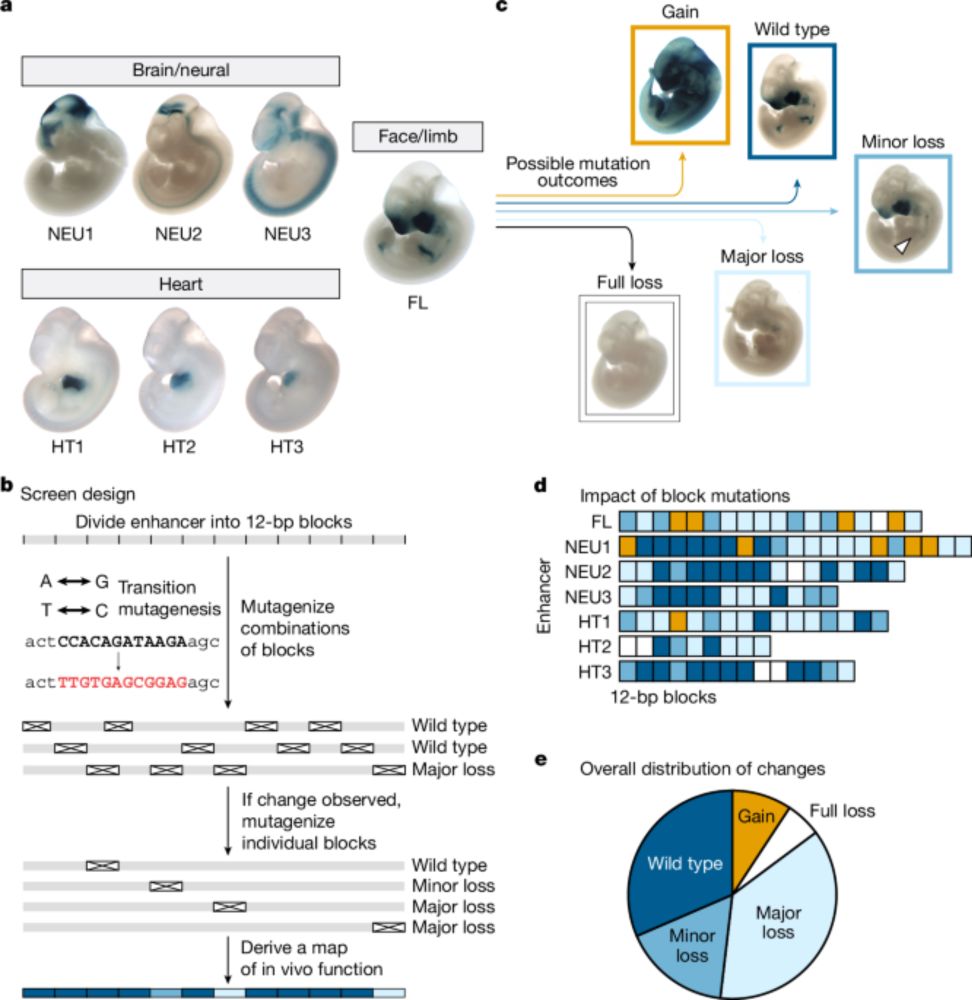Due date: Monday, Nov 3, 2025 at 11:59pm (PT)
Please help spread the news.
aprecruit.berkeley.edu/JPF05144

Due date: Monday, Nov 3, 2025 at 11:59pm (PT)
Please help spread the news.
aprecruit.berkeley.edu/JPF05144
www.biorxiv.org/content/10.1...
(1/n)

www.biorxiv.org/content/10.1...
(1/n)

www.biorxiv.org/content/10.1...
(1/n)
doi.org/10.1038/s415...
It was a long journey – 16 months from initial submission to acceptance. Is it just me, or has peer review gotten more arduous lately? 4+ rounds of review isn't so unusual these days...

doi.org/10.1038/s415...
It was a long journey – 16 months from initial submission to acceptance. Is it just me, or has peer review gotten more arduous lately? 4+ rounds of review isn't so unusual these days...



t.co/qCZERPUMPF
t.co/qCZERPUMPF
The Earth BioGenome Project 🌍 is a global network of initiatives working together to create a complete genome library for all Eukaryotic life—from mushrooms 🍄 to mammals 🐘.
#biodiversity #genomes #sequence #earthbiogenome #education #stem
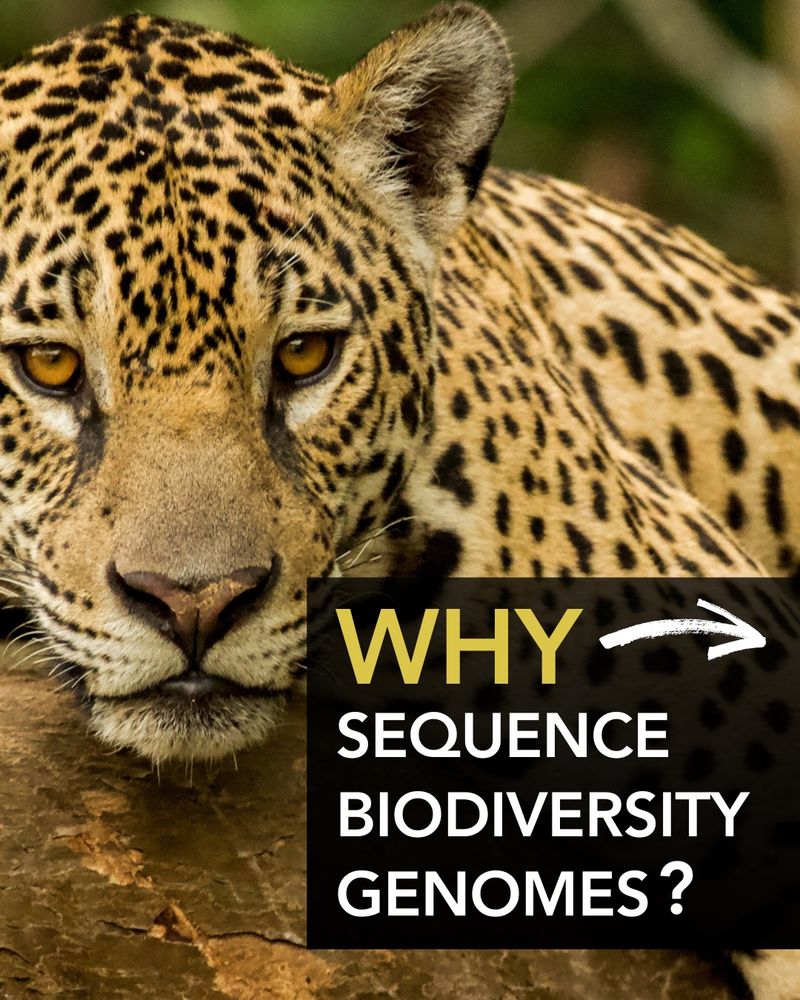
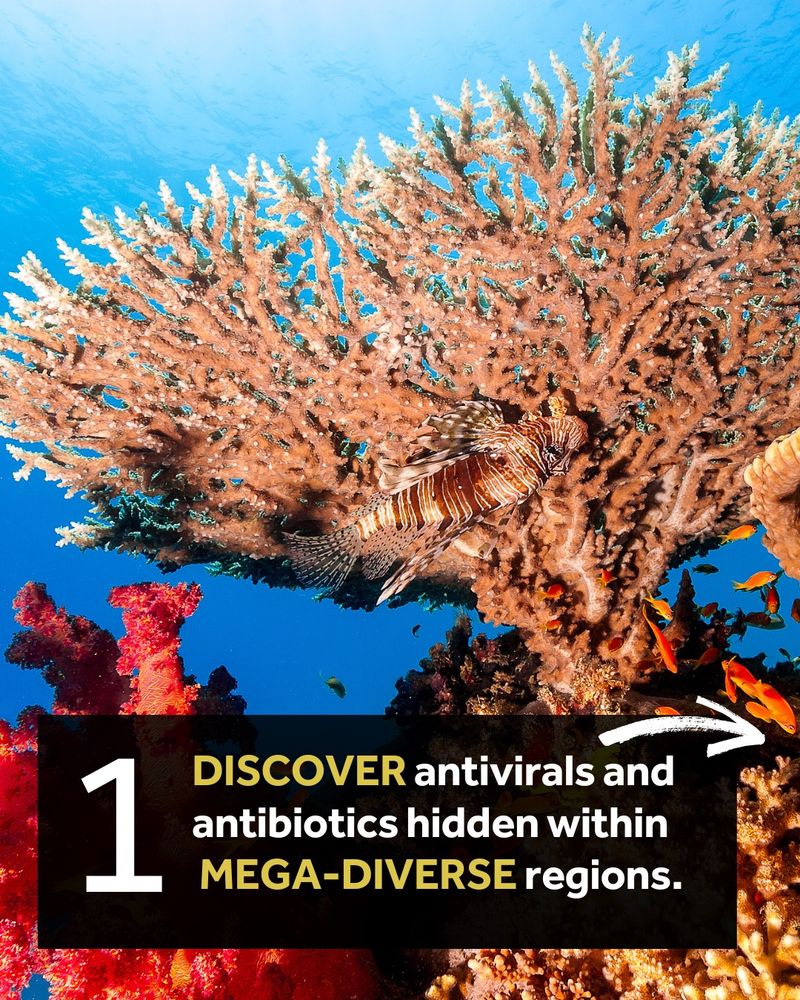
The Earth BioGenome Project 🌍 is a global network of initiatives working together to create a complete genome library for all Eukaryotic life—from mushrooms 🍄 to mammals 🐘.
#biodiversity #genomes #sequence #earthbiogenome #education #stem
#GerminalCenter #Immunology
www.ccii.med.kyoto-u.ac.jp/en/event/the...
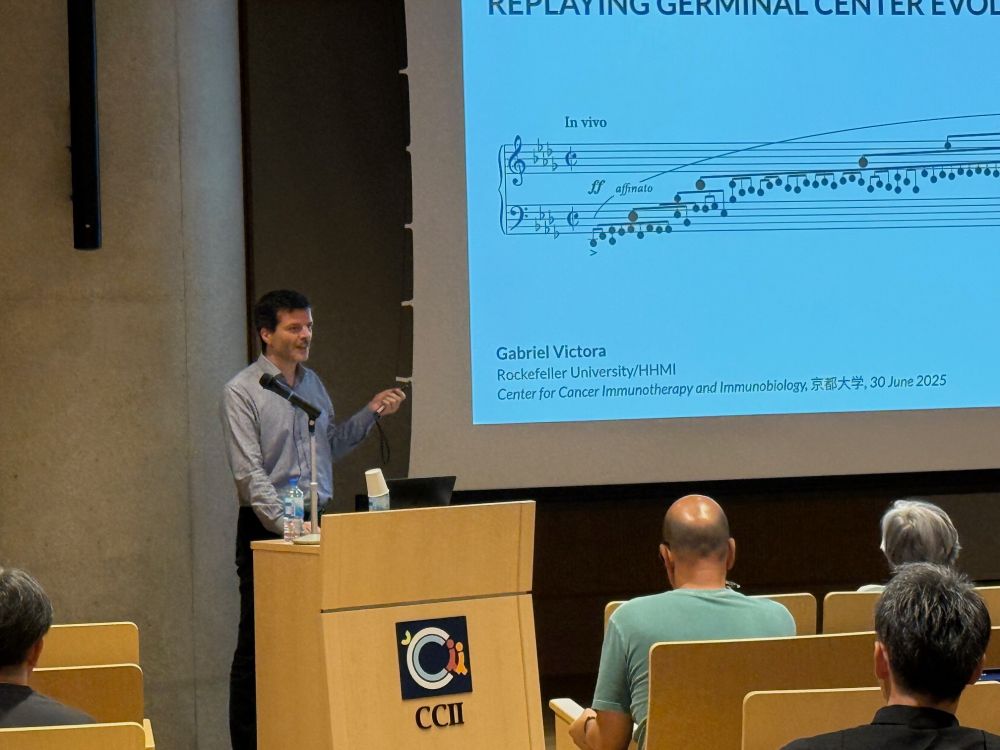
#GerminalCenter #Immunology
www.ccii.med.kyoto-u.ac.jp/en/event/the...
probgen2026.github.io
Please help spread the news.
probgen2026.github.io
Please help spread the news.
www.biorxiv.org/content/10.1...
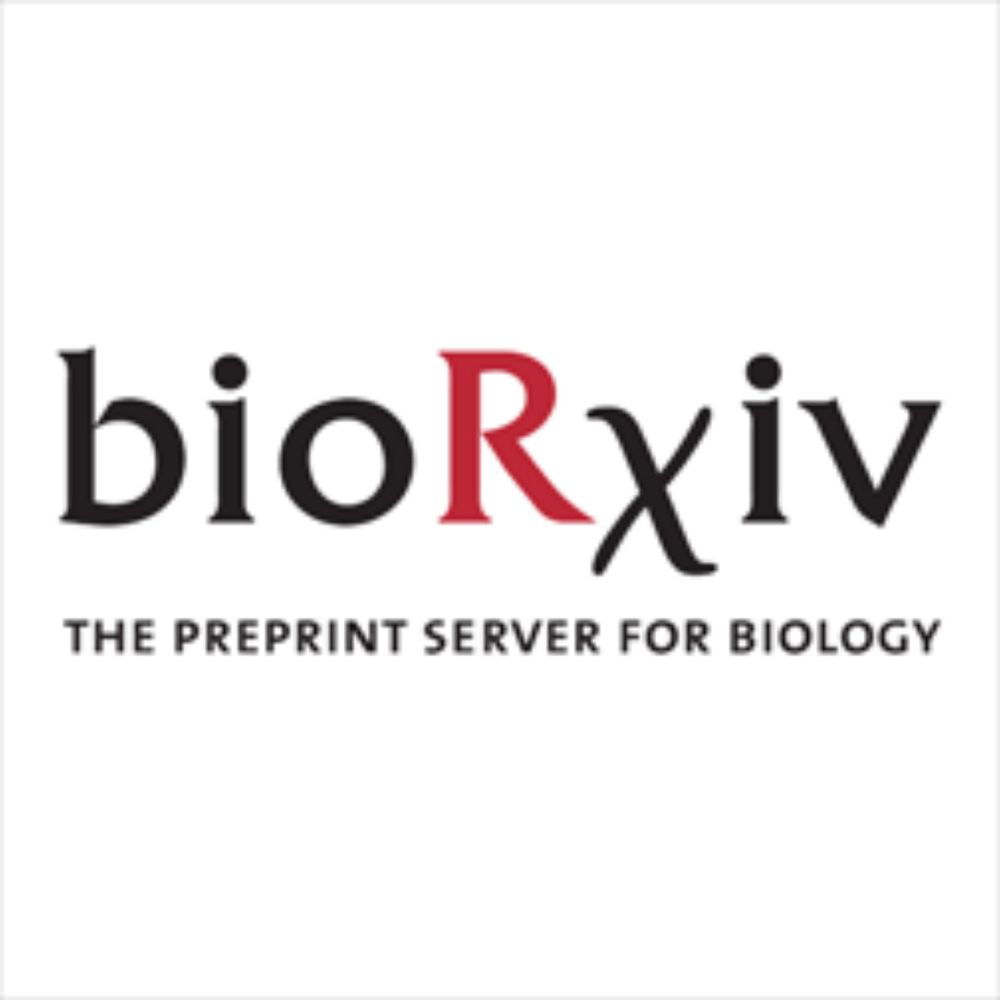
www.biorxiv.org/content/10.1...
CRISPRpedia features 85+ original illustrations that are free to download & use for non-commercial purposes!
#STEMeducation #STEMed #bioethics #SciArt
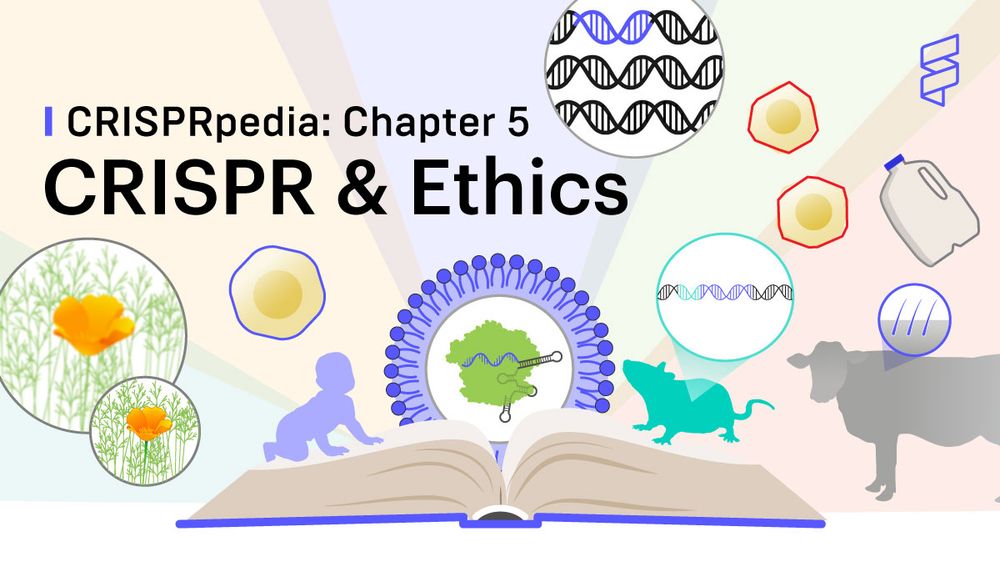
CRISPRpedia features 85+ original illustrations that are free to download & use for non-commercial purposes!
#STEMeducation #STEMed #bioethics #SciArt
Our work -- led by Sanjit Batra and Alan Cabrera when they were in @yun-s-song.bsky.social ’s and Isaac Hilton’s labs -- tries to answer this.
🧵🧬🧪
elifesciences.org/reviewed-pre...
Our work -- led by Sanjit Batra and Alan Cabrera when they were in @yun-s-song.bsky.social ’s and Isaac Hilton’s labs -- tries to answer this.
🧵🧬🧪
elifesciences.org/reviewed-pre...
www.biorxiv.org/content/10.1...
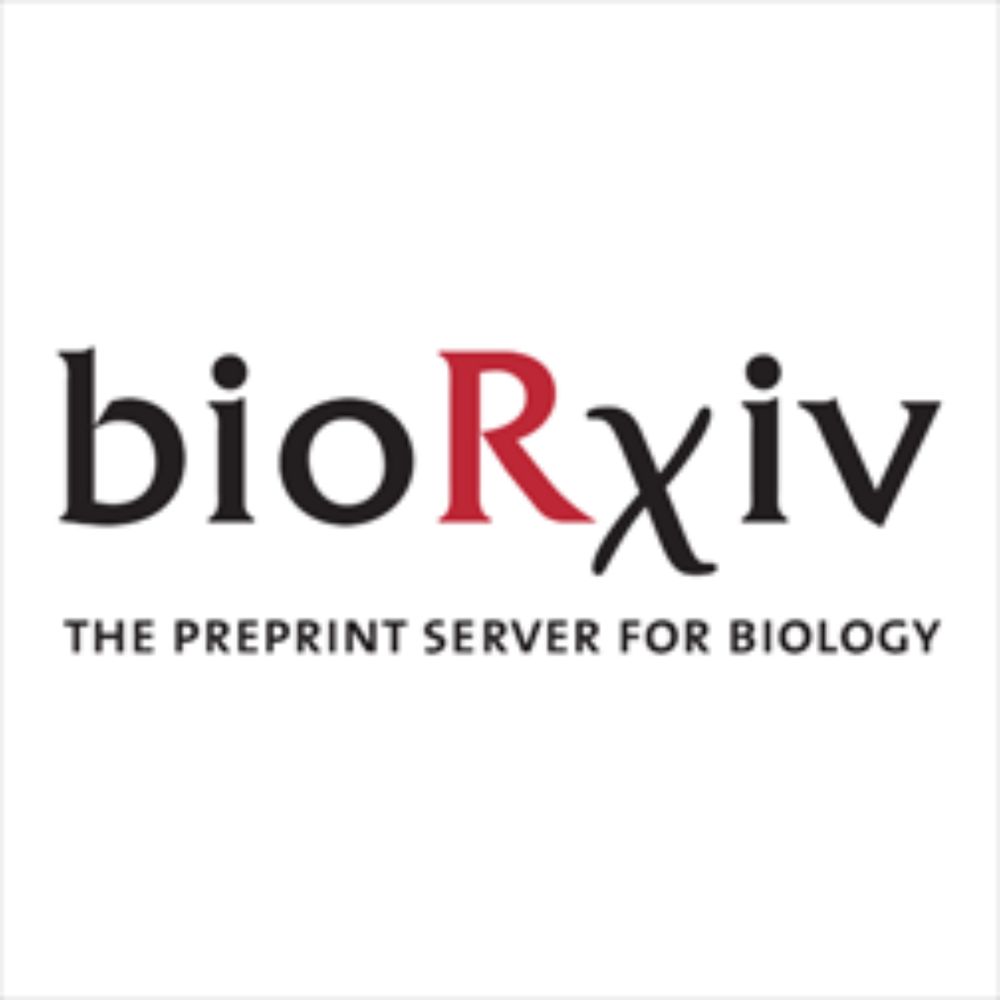
www.biorxiv.org/content/10.1...
1/n

1/n
@urnov.bsky.social & @giannikopoulosp.bsky.social created an on-demand #CRISPR therapy for an infant with a deadly gene mutation — developed, approved, and delivered to the patient in just 6 months.
Read more: ow.ly/G0Bg50VTonC
#RareDisease 🧬
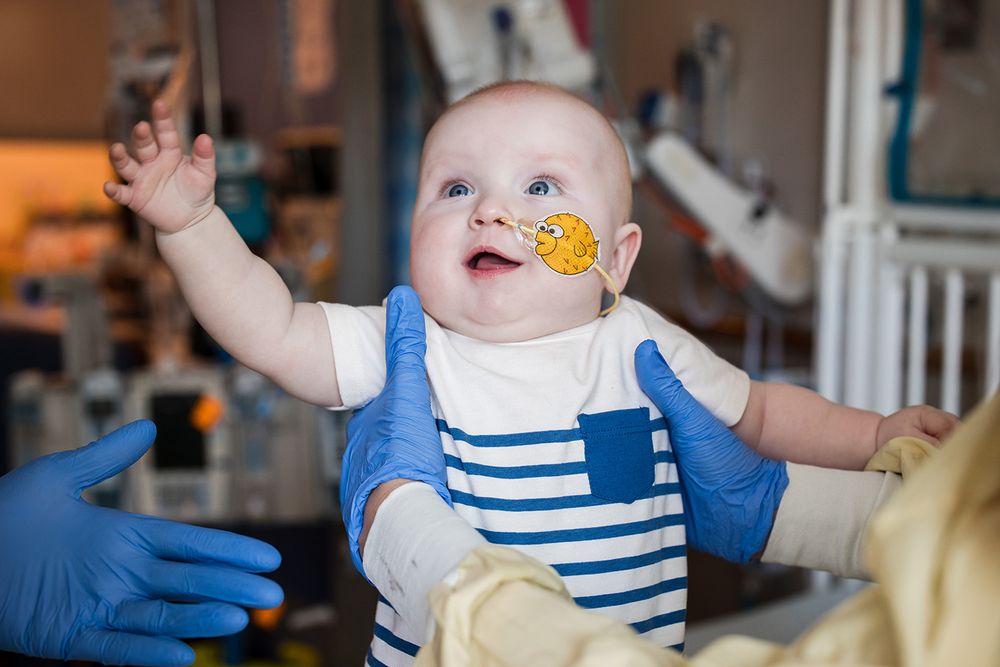
@urnov.bsky.social & @giannikopoulosp.bsky.social created an on-demand #CRISPR therapy for an infant with a deadly gene mutation — developed, approved, and delivered to the patient in just 6 months.
Read more: ow.ly/G0Bg50VTonC
#RareDisease 🧬

I am happy of several new phenomena we began to understand with Pierfrancesco Urbani.
Alert: mostly non-rigorous! (Celebrating Jorge Kurchan)
web.stanford.edu/~montanar/OT...
I am happy of several new phenomena we began to understand with Pierfrancesco Urbani.
Alert: mostly non-rigorous! (Celebrating Jorge Kurchan)
web.stanford.edu/~montanar/OT...
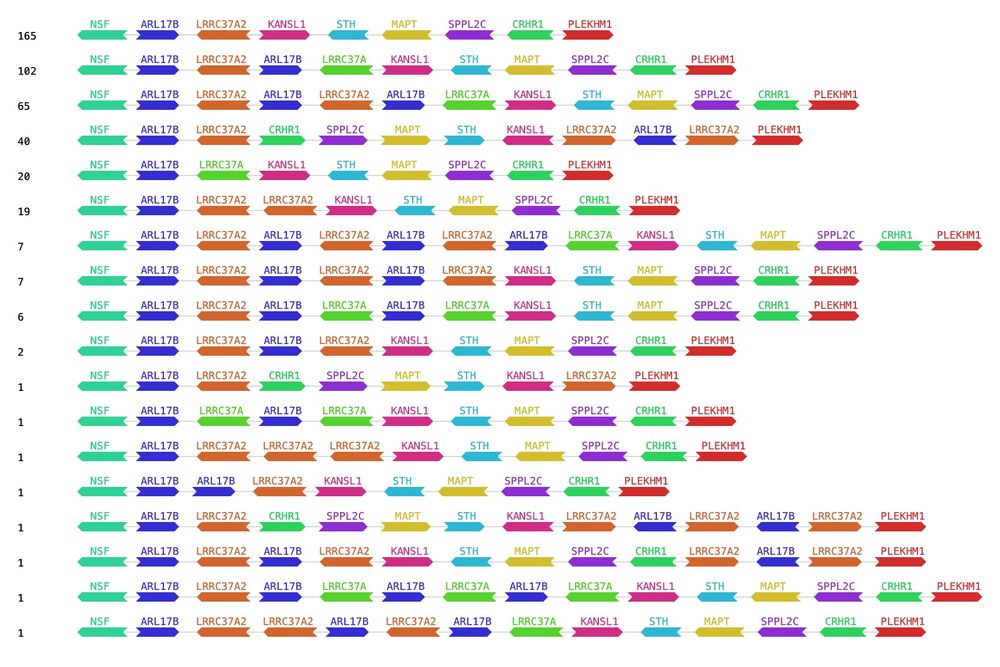
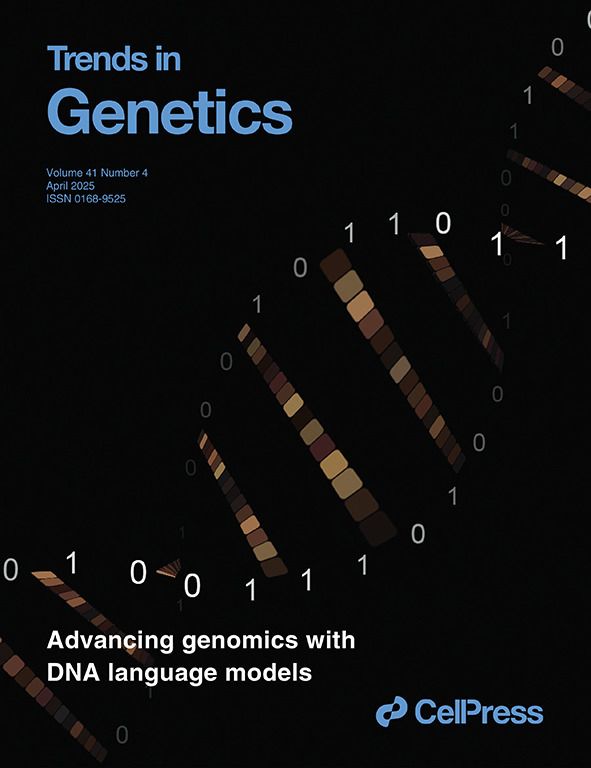
doi.org/10.1101/2025...
1/n
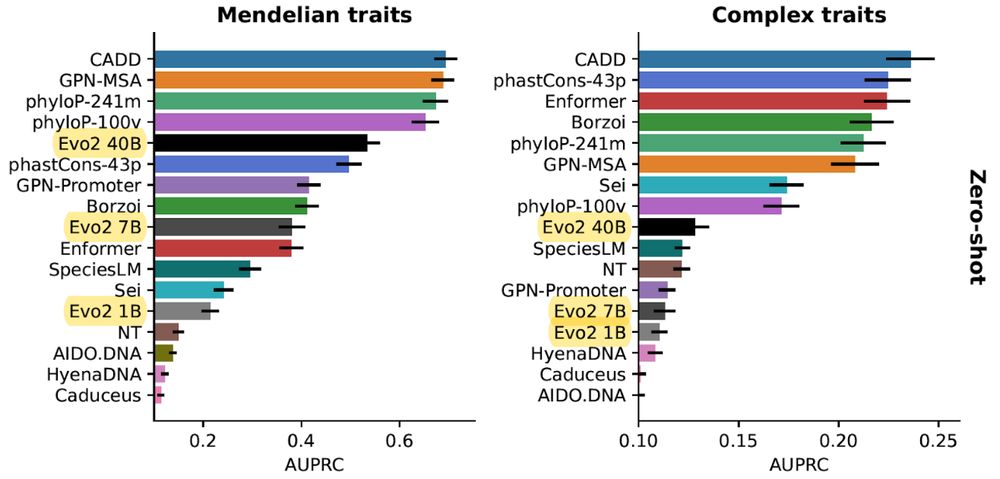
doi.org/10.1101/2025...
1/n
We introduce TraitGym, a curated benchmark of causal regulatory variants for 113 Mendelian & 83 complex traits, and evaluate functional genomics and DNA language models. Joint work w/ Gökcen Eraslan and @yun-s-song.bsky.social 🧵👇

We introduce TraitGym, a curated benchmark of causal regulatory variants for 113 Mendelian & 83 complex traits, and evaluate functional genomics and DNA language models. Joint work w/ Gökcen Eraslan and @yun-s-song.bsky.social 🧵👇


